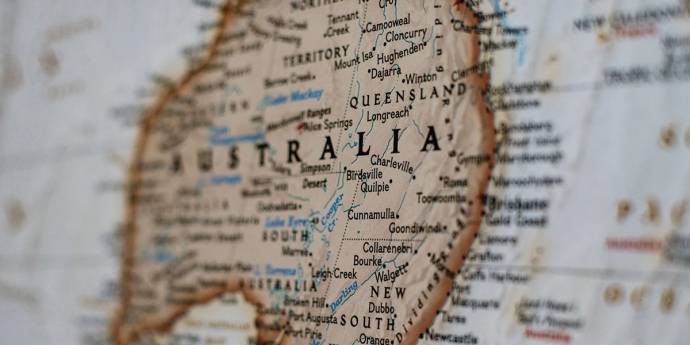Surbhi Luthra: “I found my inner voice”
Scholarship fund recipient Surbhi Luthra sits on a health sector board and fell into governance but says it’s her way of giving back.
ESG was a unifying force across a fractured political landscape in May’s federal election. What does it mean for corporate Australia?

As the end of the financial year approaches for many companies in Australia, the annual general meeting still seems like a distant prospect. However, the clock is ticking when it comes to making changes that may be the difference between resolutions passing or failing.
Shareholders expect ambitious policy statements to be accompanied by demonstrable action and measurable change.
The outcome of the federal election revealed voters share that sentiment. Primary votes for the major parties fell to a record low. There was a pronounced swing away from both the Coalition and Labor, with increased support for the Greens and independent candidates.
As the parties reflect on what they have gained, lost and learned, it is timely for organisations in Australia (and those in New Zealand with close ties to Australia), to consider the wider implications. ESG has emerged as a critical issue that transcends the political divide.
More certainty and action from the government on climate change is at the top of directors’ wish lists. Climate change has been their number one long term priority for the government for eight consecutive AICD Director Sentiment Surveys, and their number one short-term priority for the past five.
In an election campaign that largely took a small target strategy, both major parties had similar policies across a range of issues, from tax rates to public sector efficiency. Climate change was a key source of difference, both in terms of interim targets and the plans to achieve them.
Both major parties were criticised for their climate policies falling short of what is required to limit global temperature increases to 1.5 degrees Celsius under the Paris Agreement. It demonstrates the increased emphasis on environmental policies that are backed by scientific evidence.
As organisations finalise their business plans for next financial year, it is an opportune time to review environmental goals against the backdrop of new government policy. It includes setting interim emission reduction targets and disclosing plans for how to achieve them.
Fourteen years after the national apology to Indigenous Australians and five years after the Uluru Statement from the Heart, a commitment to constitutional recognition was among the first words spoken in Anthony Albanese’s victory speech.
For the first time, First Nations representation in the Australian Parliament has surpassed the wider community (4.4% versus 3.3%). And for the first time, the Minister for Indigenous Affairs is an Indigenous woman.
While there was a marked uptick in successful candidates from diverse cultural backgrounds, it was from a very low base. We are not yet halfway to our elected representatives mirroring Australia’s multicultural society.
It is the same story in our boardrooms and executive suites. Despite significant gains in increasing the proportion of women on boards, people from a non-European background remain under-represented.
Both major parties suffered defeats in seats where their candidates did not reflect the local community. Organisations similarly need to prepare for customers, employees and investors looking elsewhere if leadership appears out of touch.
“The private sector also needs to do more to prevent systemic governance failures. ASIC has called on directors and CEOs to strengthen whistleblower policies, including ensuring there is sufficient board oversight.”
All Australian states and territories have an independent authority that investigates reported corruption and misconduct in the public service.
The need for an equivalent federal body was a consistent focus of the election campaign for Labor, the Greens and numerous independents.
It is strongly supported among company directors, with almost three-quarters (72%) saying a federal anti-corruption body should be established, according to the latest AICD Director Sentiment Survey.
However, the private sector also needs to do more to prevent systemic governance failures. ASIC has called on directors and CEOs to strengthen whistle blower policies, including ensuring there is sufficient board oversight.
Their concern appears well-founded. Over the past 12 months, at least eight CEOs of Australian organisations have lost their jobs due to falling significantly short of stakeholder expectations. They include major brands, ASX-listed companies and not-for-profits.
Whether in business or government, leaders face a growing challenge to meet the expectations of an increasingly divided community. Those who listen can create lasting change that benefits the bottom line and the future. The others are likely to discover that people have lost patience with not being heard.